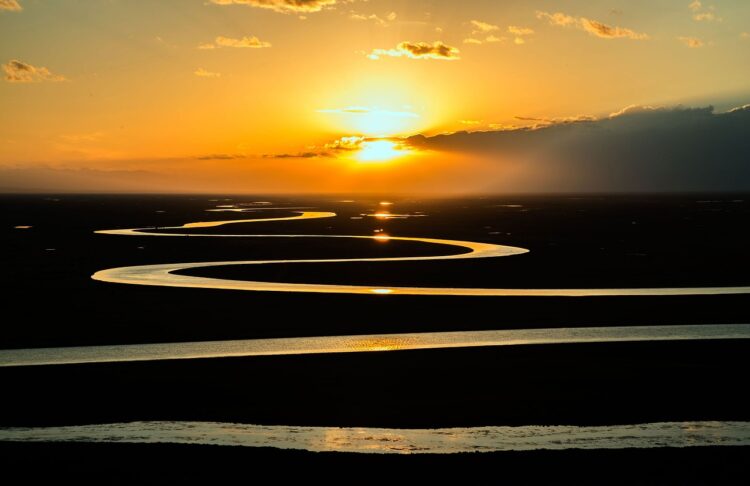Water diplomacy recognizes that water is essential for life, economic development, and environmental sustainability, and that its equitable and sustainable management is crucial for social stability and peace. By fostering dialogue, building trust, and promoting joint problem-solving, water diplomacy seeks to find inclusive and sustainable solutions to water-related issues, ensuring that the needs of all stakeholders are considered and conflicts are minimized.
Category: South Asia
Environmental Issues of South Asia Region
South Asian countries have been dealing with several issues of social, political, cultural, and economic nature among many others. The environmental issues however are slowly becoming more and more pronounced in the region, with the rise in natural catastrophes, energy crises, and scarcity of resources. Mainly consisting of developing nations of India, Bangladesh, Sri Lanka, Bhutan, Maldives, Nepal, Pakistan, and Afghanistan, this region since the early 20th century, first, most of them as a colony and later as independent states, have been experiencing economic upheavals. Notably, most of the environmental issues surged post-1960s due to high economic activities, industrialization, population […]
Water Scarcity & Indian Agriculture
Water scarcity in India is changing everything, from what we eat to the way of our living. Water is the existential need of our body & society alike. Though, over the years it has also become an over-the-top abused commodity, without having received any serious attention from planning commissions, until recently. Time and again, early societies stressed upon the importance and need for water and ably planned their lives around it. Civilizations, like Mesopotamia, Egyptian or our very own Harappan, were built or lost on account of water. Today, while we have this knowledge, as a society we fail to […]
India & Green Economy
The last few years have been tough for India, not just in context of economic reforms but also environment— specifically in terms of climate. As per the India Meteorological Department, 2017 was the fourth warmest year of the country, with the last quarter of 2017 being the hottest since 1901. In the beginning of the 20th century, India, a British colony then, suffered from significant climate change marked by severe droughts and famines, which were further fueled by fatal British economic policies. Notably, India’s economic backwardness wasn’t due to any niggardliness of geography, but was rather anthropogenic. There was no […]
India’s Foreign Policy in the New Eurasian Discourse— Re-Connecting Central Asia
2018 has begun on a high note for India— with top diplomatic meets organized with key Eurasian State-Leaders. Be it Indian Prime Minister visiting West Asia or Iran signing a dozen MoUs with India or Jordan’s King Abdullah exploring India-Jordan relations in a three-day visit. All, in recent times, highlight India’s active persuasion of Eurasian nations— Russia, Central Asia and West Asia to be more specific. Given the abundance of hydrocarbons and their strategic location on the world map, it is natural for India, an emerging global power— albeit with scanty energy resources, to seek bilateral ties in the region. […]
Environmental Lessons from Ancient Indian Literature….
At the 18th India-Russia Annual Bilateral Summit, when questioned about India’s stance on environment conservation and climate change, the honorable Prime Minister Narendra Modi gave a very emphatic answer resonating with the views of millions of Indians. He cited ancient Indian wisdom on the protection of environment and how the 5000 year old legacy still forms the core of India’s social fabric and sustainable policies. It is indeed intriguing to note that the ancient Indian literature serve as vast reservoirs of knowledge related to everything environment. Whether it is about maintaining ecological balance, weather cycles or simply protecting Earth- Vedic […]
Placing Indigeneity in Environment & Development Paradigm
Indigenous people have often been treated as burden on the ecosystem, impediment to development and worst of all as tourist spectacle. However, it only takes an all-inclusive attitude to understand the integral role played by the Indigenous people in conserving the environment and providing alternate route towards sustainable development. Given the pace of the current development, it is vital to recognize these native people as natural partners. For this, one needs to understand the way they respond to ecological and development challenges and how their cultures and knowledge systems contribute to the sustainable development agenda. The UN System Task Team […]
